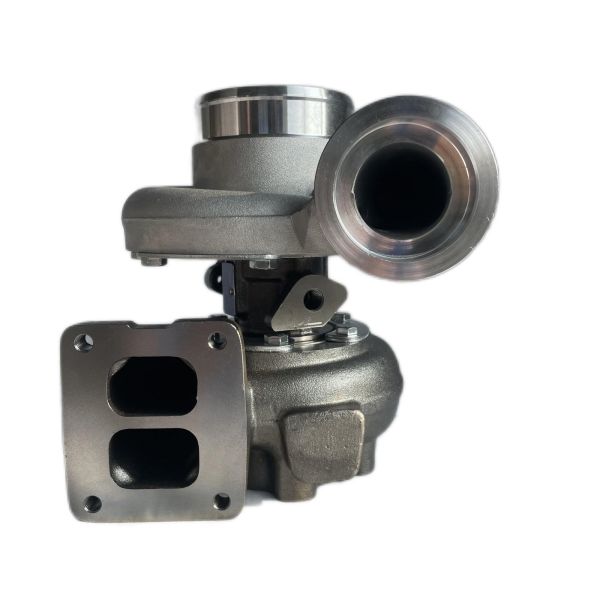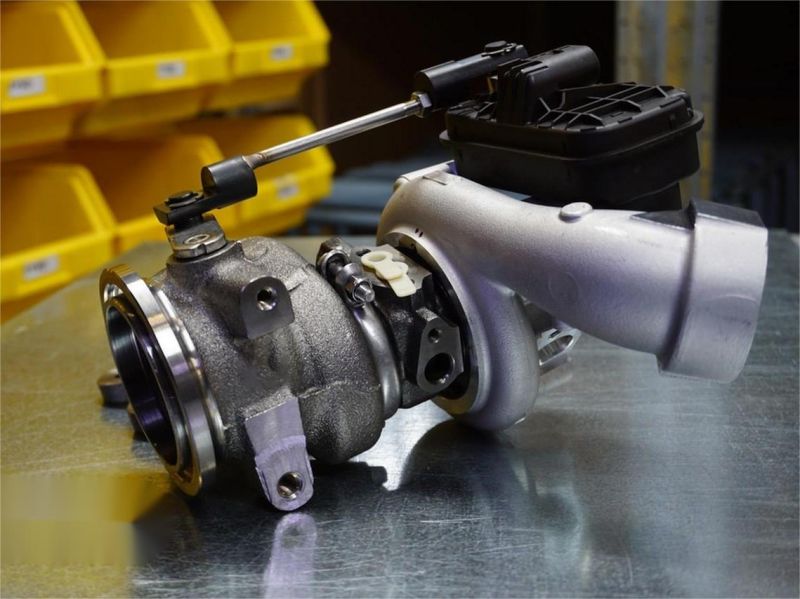Can a turbocharger damage your engine?
As one of the key components for improving the performance of modern cars, turbochargers are increasingly appearing in various types of vehicles, especially high-performance and environmentally friendly models. Its main function is to increase the amount of air entering the turbine by recycling exhaust gas, thereby improving the power and efficiency of the engine. Although turbochargers can bring stronger power and lower fuel consumption, many car owners and drivers still have doubts about the impact that turbochargers may have on the engine. So, will turbochargers damage the engine? Let's take the S300 turbo as an example to explore in depth.

1. Working principle of turbocharger:
S300 turbo drives a turbine through exhaust gas, and when the turbine rotates, it drives a compressor, which then delivers more air into the engine combustion chamber. This design allows the engine to generate more power with the same displacement, so S300 turbo is widely used in occasions to improve engine efficiency and performance.
2. Relationship between turbocharger and engine:
S300 turbo is closely related to the engine. Its function is to increase air flow, improve combustion efficiency, and thus increase the power output of the engine. However, the high speed and high temperature environment of S300 turbo also mean that if the turbocharger does not operate properly, it may affect the engine.

3. Reasons why the turbocharger may cause engine damage:
Although the S300 turbo itself will not directly damage the engine, it may have adverse effects on the engine if it is not properly maintained or used:
Insufficient or poor quality lubricant: The S300 turbo relies on high-quality lubricants to keep it running properly. If the lubricant is insufficient or the quality is not up to standard, the turbocharger may overheat, wear and other problems, which will affect the normal operation of the engine.
Excessive exhaust gas temperature: The S300 turbo generates a large amount of exhaust gas heat when it is working. If the cooling system or exhaust gas management is not appropriate, excessive exhaust gas temperature may cause the turbocharger to overheat or even damage its internal components, thereby affecting the performance of the engine.
Clogged air filter: The S300 turbo relies on clean air flowing into the engine. If the air filter is clogged with dust or dirt, the turbocharger will not be able to get enough air, which may lead to a decrease in the boost effect or even damage to the engine.
Improper driving habits: Improper driving habits such as frequent sudden acceleration and long-term high-speed driving may cause excessive loads on the turbocharger and engine, thereby accelerating wear and even causing damage.
4. How to avoid turbocharger damage to the engine?
In order to ensure that the turbocharger can play its role for a long time and protect the engine from damage, the owner can take the following measures:
Regularly change the lubricant: Ensure that the turbocharger is fully lubricated and use high-quality lubricants that meet the manufacturer's requirements.
Check the cooling system: Ensure the efficiency of the cooling system to avoid overheating of the turbocharger.
Replace the air filter: Regularly replace the air filter to prevent dust and dirt from entering the turbocharger and engine.
Develop good driving habits: Avoid long-term high-speed driving, especially sudden acceleration and braking, to reduce the load on the turbocharger.
5. Conclusion
The turbocharger itself will not directly damage the engine. The key lies in the owner's maintenance and use. Through regular maintenance and correct driving methods, the service life of the turbocharger can be maximized to ensure that the engine runs in an efficient and stable state. If you have any questions or concerns about the turbocharger, it is recommended to consult a professional maintenance technician to ensure that your car is in the best condition.
In conclusion, a turbocharger brings higher performance and greater fuel efficiency to the engine, but its use requires proper maintenance and careful driving to avoid potential harm to the engine.
